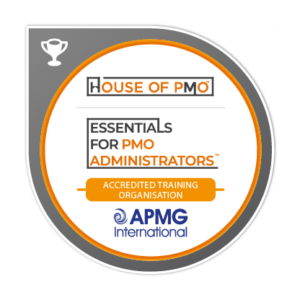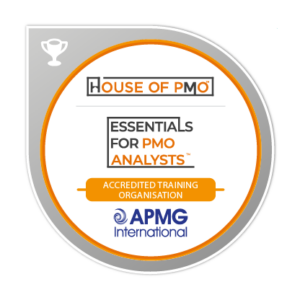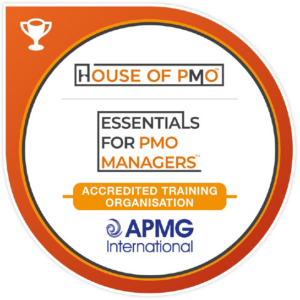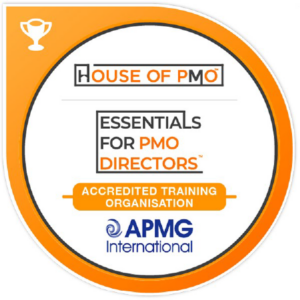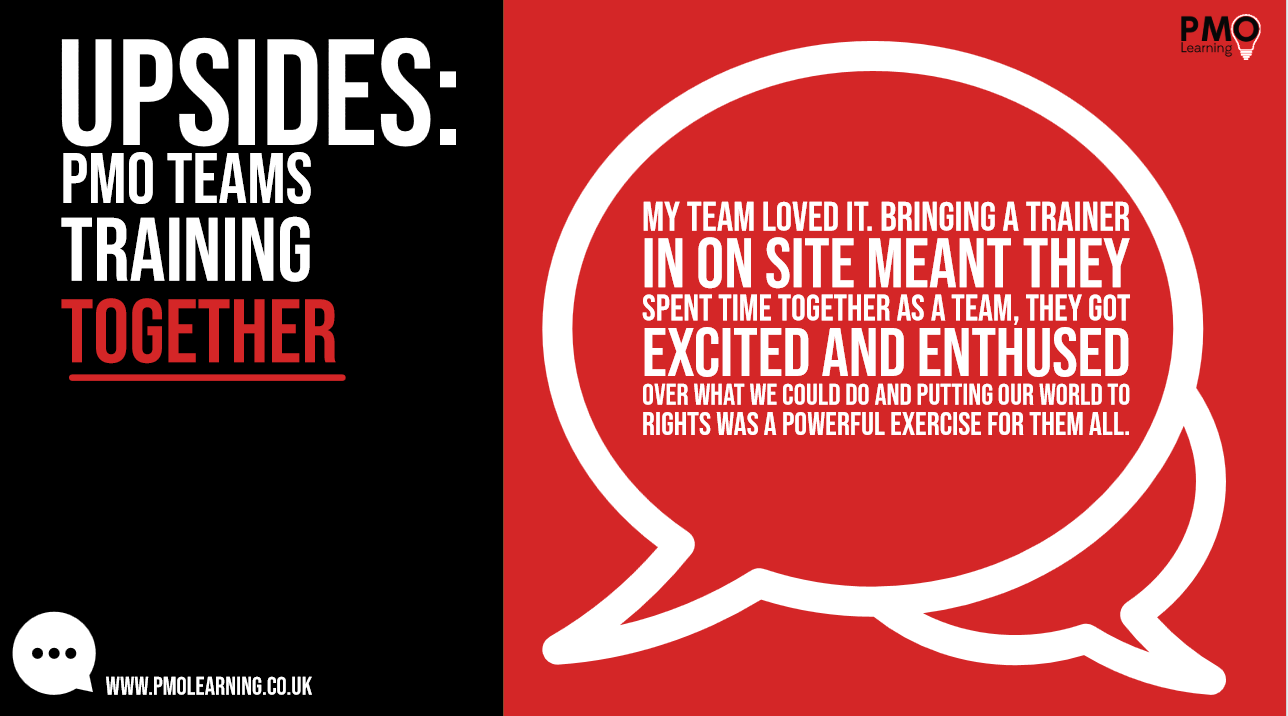
 You’re working in a new PMO.
You’re working in a new PMO.
Perhaps its a completely new PMO – or maybe one which has been refreshed.
You’re the manager of the new PMO and some of your staff are also new. Some of them have been there a while.
There are different levels of competency in your PMO team. Different attitudes and personalities.
There are definitely different skill and knowledge levels for the PMO services they will be carrying out.
You’re looking forward to the challenge of bringing the team together to start delivering what the business needs from the PMO.
Now where to start . . . .
It’s a common situation we see at PMO Learning and one you’re probably familiar with too.
We provide in-house courses for PMO teams and we have been thinking about the often unseen upsides about providing the same training for the whole PMO team as one group.
Sure there are some downsides – trying to get the whole team to be able to commit to dates for the course and all the team being unavailable for doing the day job whilst they’re on the course are the two main ones (a little bit of resource management on this can make it work, see below!)
The upsides though can make an enormous difference to the skill, knowledge and morale levels of the whole team – including the PMO Manager themselves.
The Upsides of PMO Team Learning
Here’s an overview of those upsides:
- Running the course without the PMO Manager there; enables the PMO team to come together as individuals and reinforce the team relationships and create stronger bonds.
- Without the PMO Manager there; the team can also feel more relaxed about asking questions and working through the parts they’re struggling to learn without the Manager being there adding real or imagined pressure.
- The PMO Manager has the opportunity to provide some input on particular exercises they might like to see on the course – or ask for more time spent on a specific area of the syllabus.
- The PMO Manager should spend some time with the trainer to prep before the course to help identify key problem areas and allow the trainer to understand ‘local context’ and any specific processes. All of these insights are used throughout the course itself.
- Creating a shared understanding of what their PMO is there to do; how it works; what it provides to the business. Often an in-house course provides an opportunity to step back and check that everyone has the same level of understanding – you’ll be surprised how much this varies between individuals in the team.
- It’s an opportunity to get everyone up to the same base level of knowledge – it’s especially great to do when you have new staff starting to work with established members of the team.
- Throughout the course, there is time to reflect on the understanding of their PMO as the learning advances. Being able to share and compare with other members within the team (when there is no real opportunity to do this at other times)
- Running a course with team members from different PMOs from across the business gives people the opportunity to really understand what each one does; where the synergies and overlaps might be; to start creating the foundations of an ongoing relationship that continues back at work and the beginnings of a Community of Practice (CoP)
My team loved it. Bringing a trainer in on site meant they spent time together as a team, they got excited and enthused over what we could do and putting our world to rights was a powerful exercise for them all.
- The opportunity to use the delegates own organisation as the case study rather than the course case study – this provides some really value add outputs that can be used to springboard further action in the PMO i.e., the course works as a catalyst for developing the PMO.
- The PMO Manager can come into the classroom at the end of each day to answer any questions the PMO team have from their day learning in the classroom. Of course, some of the questions they have might put them on the spot – but wouldn’t that be a great thing really? Parking lot questions and issues captured during the day can also be picked up by the PMO Manager.
- It’s also a great way for the PMO Manager to quickly assess how the team have been getting on, A daily review is a brilliant idea which has worked really well on our courses.
- The course can be split over the weekend – so three days, Wednesday to Friday, then two days, Monday and Tuesday. It’s one of the resource management solutions that can really work and a format that can really tap into Learning Theory – how learners absorb, process, and retain knowledge during learning.
There’s also one major upside which we’ve not mentioned – and that’s the cost.
It’s a lot cheaper to run the course in-house rather than sending the team (or individuals on the team) to an open-public course.
It’s cheaper because you provide the classroom space and provide refreshments and lunch for the team.
It’s also cheaper because the in-house course can take up to 12 people for one fixed cost. It starts to become viable to hold a course in-house if you have 6 or more people on it.
You’re also not having to spend extra expenses on getting your team to travel to a course location.
So, there’s the upsides – will you be providing a brilliant learning opportunity for your team soon?
[Contact us to talk about any of our courses – all of which can be provided in-house]






